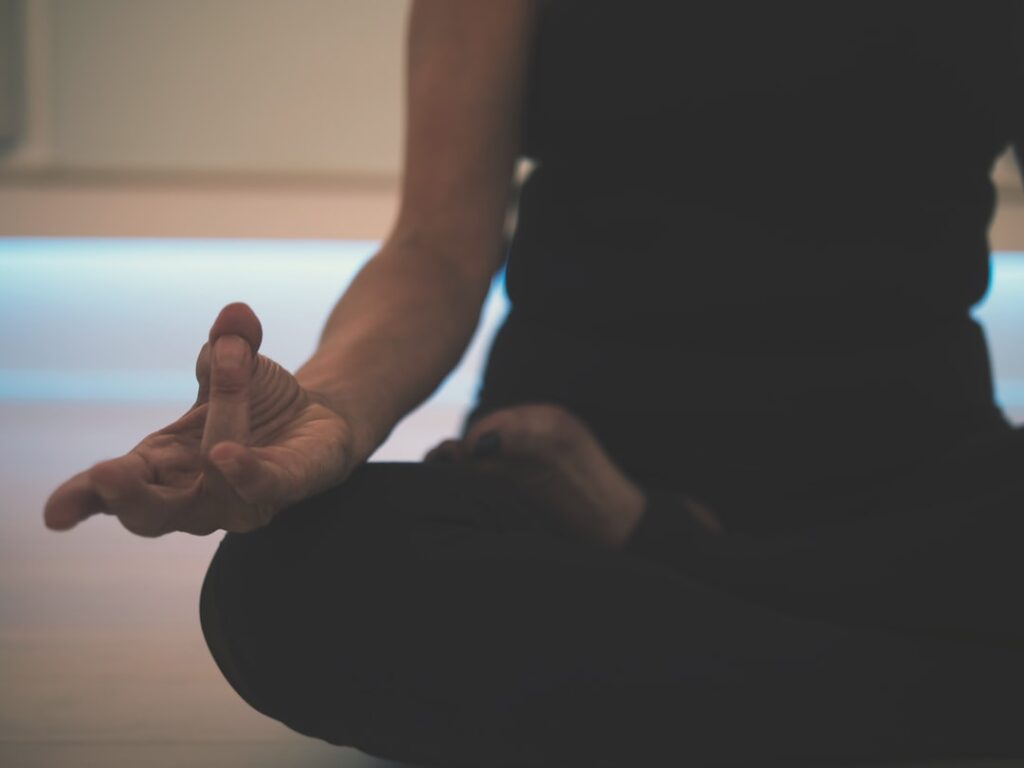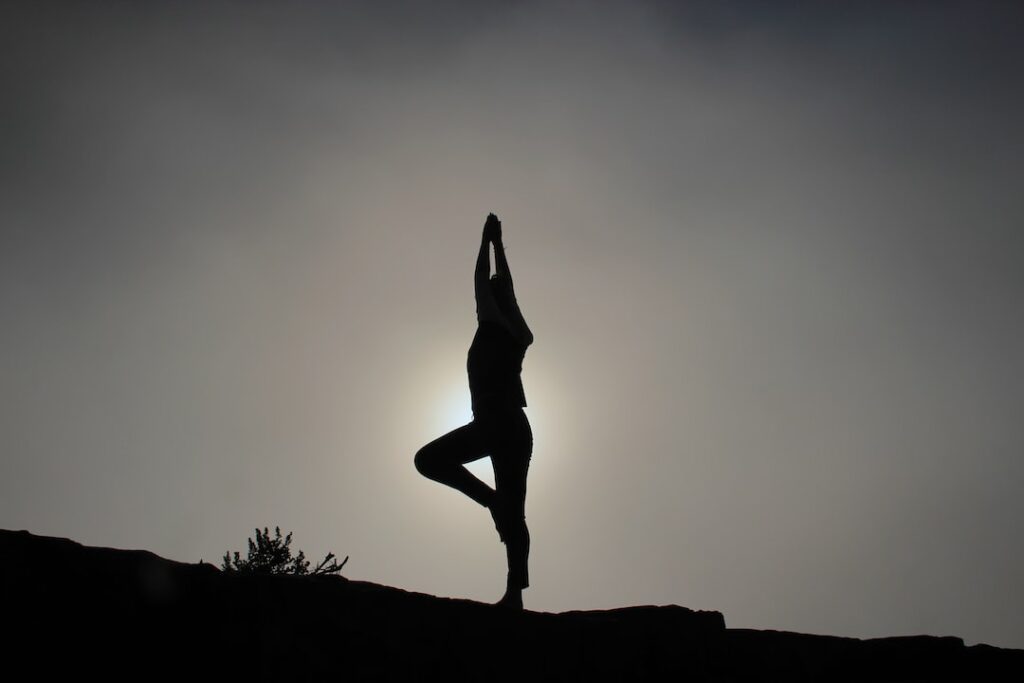Are you feeling stressed, overwhelmed, or anxious? Meditation might just be the solution you’ve been looking for. This ancient practice has been around for thousands of years and is known for its numerous benefits for the mind, body, and soul. Whether you’re a beginner or have some experience with meditation, this guide will provide you with the basics, techniques, and benefits to help you get started on your meditation journey.
The Benefits of Meditation
Meditation offers a wide range of benefits that can positively impact your overall well-being. Here are just a few:
1. Reduces Stress and Anxiety
Meditation is a powerful tool for managing stress and anxiety. It helps to calm the mind, relax the body, and promote a sense of inner peace. By practicing meditation regularly, you can significantly reduce the impact of stress on your daily life.
2. Improves Focus and Concentration
Regular meditation practice can enhance your ability to concentrate and stay focused. By training your mind to stay present and avoid distractions, you can improve your productivity and performance in various areas of your life.
3. Enhances Emotional Well-being
Meditation cultivates self-awareness and emotional intelligence, allowing you to better understand and manage your emotions. It can help you develop a more positive outlook on life, increase self-compassion, and improve your relationships with others.
Getting Started with Meditation
Now that you understand the benefits of meditation, let’s dive into some simple techniques to help you get started:
1. Find a Quiet and Comfortable Space
Choose a peaceful environment where you can relax and focus without distractions. It could be a dedicated meditation room, a quiet corner in your home, or even a park.
2. Get into a Comfortable Position
Find a position that allows you to be both relaxed and alert. You can sit cross-legged on a cushion, in a chair with your feet flat on the ground, or even lie down if that’s more comfortable for you.
3. Focus on Your Breath
Close your eyes and bring your attention to your breath. Notice the sensation of the breath as it enters and leaves your body. Stay present with each inhale and exhale, letting go of any thoughts or distractions that arise.
4. Start with Short Sessions
As a beginner, it’s best to start with shorter meditation sessions, such as 5-10 minutes. Gradually increase the duration as you become more comfortable with the practice.
5. Use Guided Meditations
If you find it challenging to meditate on your own, try using guided meditation apps or audio recordings. These can provide step-by-step instructions and help you stay focused during your practice.
Conclusion
Meditation is a powerful practice that can transform your life in many ways. By incorporating meditation into your daily routine, you can experience reduced stress, improved focus, and enhanced emotional well-being. Remember, consistency is key, so make an effort to practice meditation regularly. Start small, be patient with yourself, and enjoy the journey of self-discovery and inner peace.


